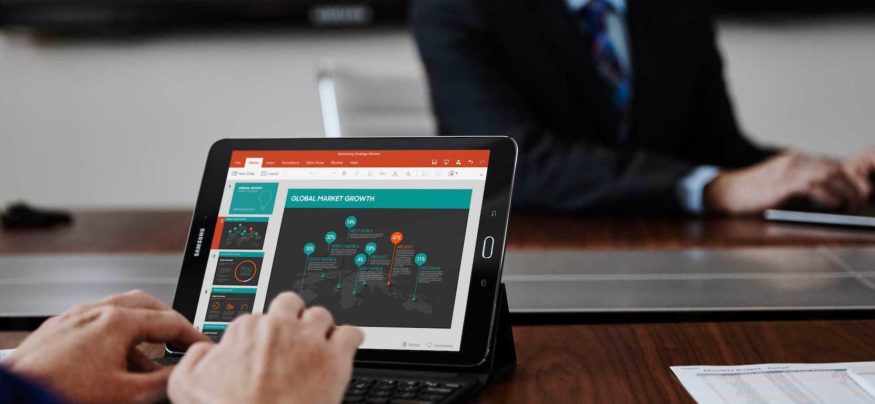Government agencies have a reputation in some corners as being traditional and risk-averse — slow to adopt new technologies. However, as government services increase in complexity and citizens come to expect government interactions to be as smooth as consumer transactions, many agencies find themselves turning to digital transformation efforts. These initiatives promise to reduce the amount of human intervention required in completing government transactions, bringing the dual benefits of reducing labor costs and increasing constituent satisfaction.
Digital government efforts range significantly in their scope, the tools they use and the impact they have, but all share a common theme of bringing technology to bear on the common problems of government: reducing backlogs, streamlining processes and automating decisions. These programs may be as simple as setting up a portal designed to connect citizens with government services, or as complex as developing an automated interagency workflow that receives citizen requests and automatically routes them to decision makers at the appropriate agencies. No matter the level of complexity, digitizing government processes can dramatically reduce labor costs and improve government efficiencies in sectors from healthcare to the military.
Enable a mobile workplace in government.
Download this white paper for a free guide on mobility in government. Download Now
Keeping Navy Healthcare Costs Down
As healthcare costs continue to rise, the digitization of some medical services allows government agencies to provide high quality care while keeping expenses under control. The U.S. Navy recognizes that healthcare digitization presents tremendous opportunities for reducing healthcare costs by providing sailors with what the Navy hopes will be a “frictionless experience” that leverages both telehealth solutions and apps. In an interview with the San Diego Union-Tribune, the U.S. Navy’s surgeon general Vice Admiral C. Forrest Faison III, M.D. notes that smartphone usage among active duty service members is 98 percent. These digital natives expect technology to bring flexibility to all aspects of their lives, including healthcare. The Navy plans to take advantage of this opportunity by providing sailors with excellent care while reducing their dependence on costly urgent care clinics when a simple app-based conversation would suffice.
Improving Veteran Services Through Digital Transformation
Active-duty service members aren’t the only ones who can benefit from digitally enhanced healthcare. The Department of Veterans Affairs (VA) and U.S. Digital Service recently undertook a digital transformation effort designed to improve the way veterans access healthcare and reduce agency workloads. When they learned that only 10 percent of veterans were using the VA’s online application due to a technological incompatibility, VA experts worked with the U.S. Digital Service to develop a new digital application that works with all common web browsers and had astonishing uptake — more than 11,600 veterans applied for healthcare using the new application in its first 30 days.
Veterans also stand to benefit from digitization of services outside the realm of healthcare. In 2015, the VA launched Vets.gov , a one-stop portal where veterans can find information about disability benefits, career opportunities, education programs and other VA-sponsored services. This portal promises to not only improve the quality of service to veterans but also reduce costs by decreasing the number of time-consuming, in-person interactions between veterans and agency personnel.
Government agencies seeking to reduce their labor costs while maintaining, or even improving, the level of service they provide to their constituents have a wide variety of digital transformation tools at their disposal. Ranging from document management and approval workflow solutions to web-based applications, each tool offers unique benefits that may improve efficiency, decrease waiting time and allow government agencies to spend more time governing and less time pushing paper.
Digital transformation efforts can dramatically improve the efficiency, cost-effectiveness and user-friendliness of government transactions. Get started on a process improvement journey by visiting our government technology solutions page.








